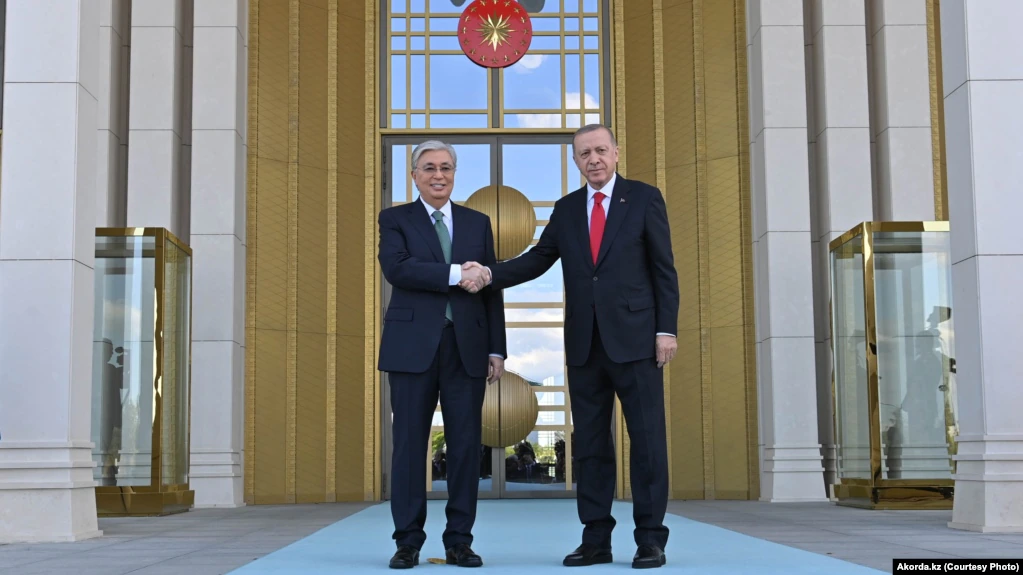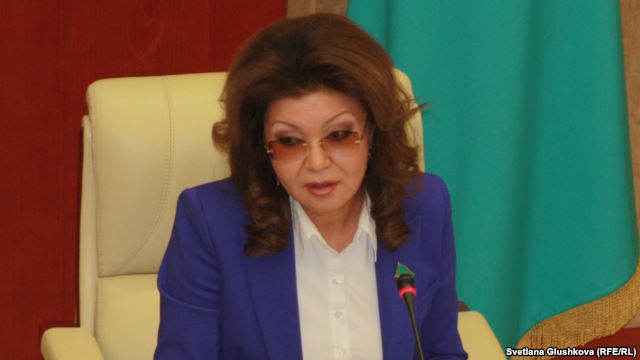 Kazakh President Nursultan Nazarbayev named his eldest daughter Dariga deputy prime minister as officials jostle to position themselves for a potential battle to succeed the longest serving ex-Soviet leader.
Kazakh President Nursultan Nazarbayev named his eldest daughter Dariga deputy prime minister as officials jostle to position themselves for a potential battle to succeed the longest serving ex-Soviet leader.
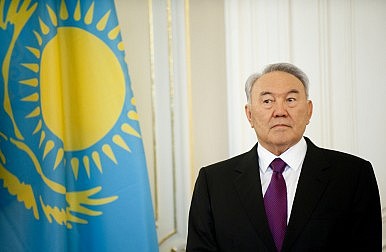 Nazarbayev says we should take Central Asia’s culture and history into account and quit calling him an autocrat.
Nazarbayev says we should take Central Asia’s culture and history into account and quit calling him an autocrat.


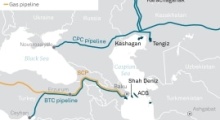

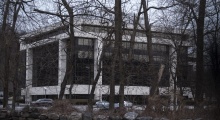
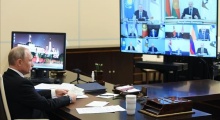

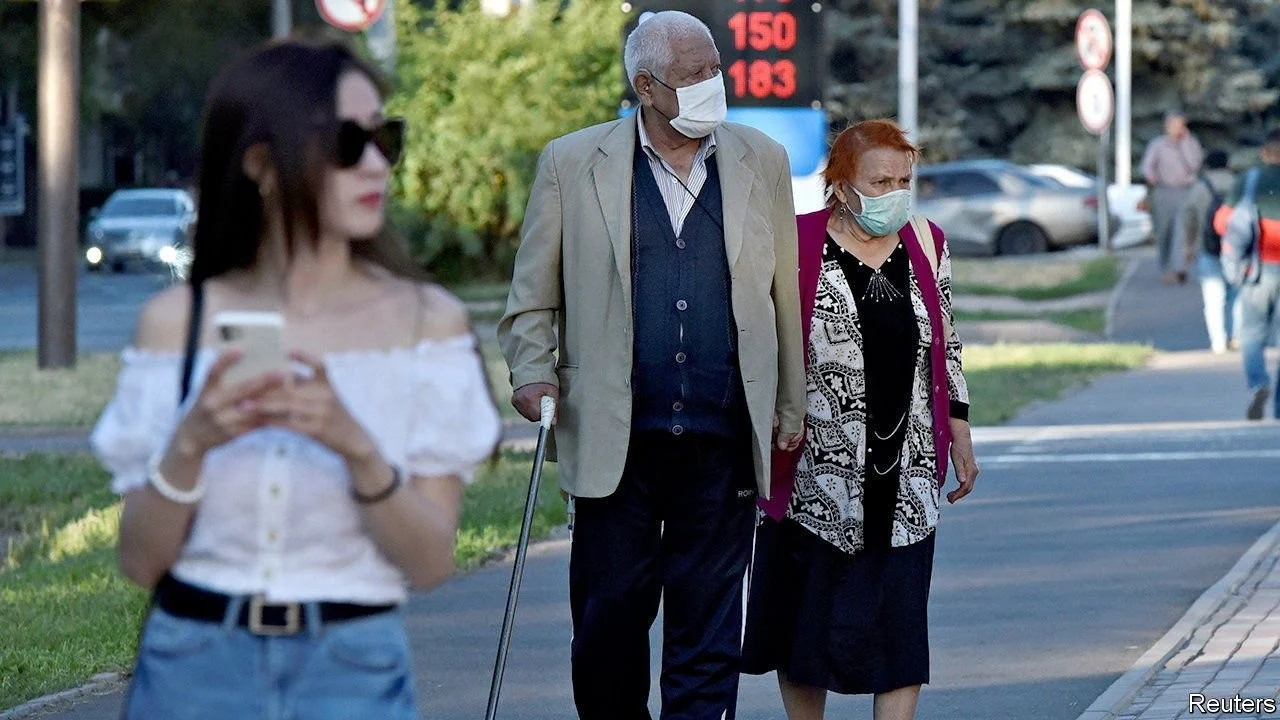
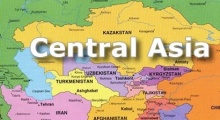
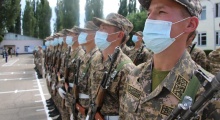

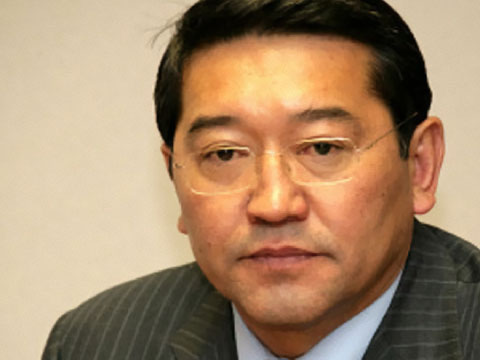 Former Prime Minister Serik Akhmetov is at the center of Kazakhstan’s still-expanding Karaganda corruption scandal.
Former Prime Minister Serik Akhmetov is at the center of Kazakhstan’s still-expanding Karaganda corruption scandal.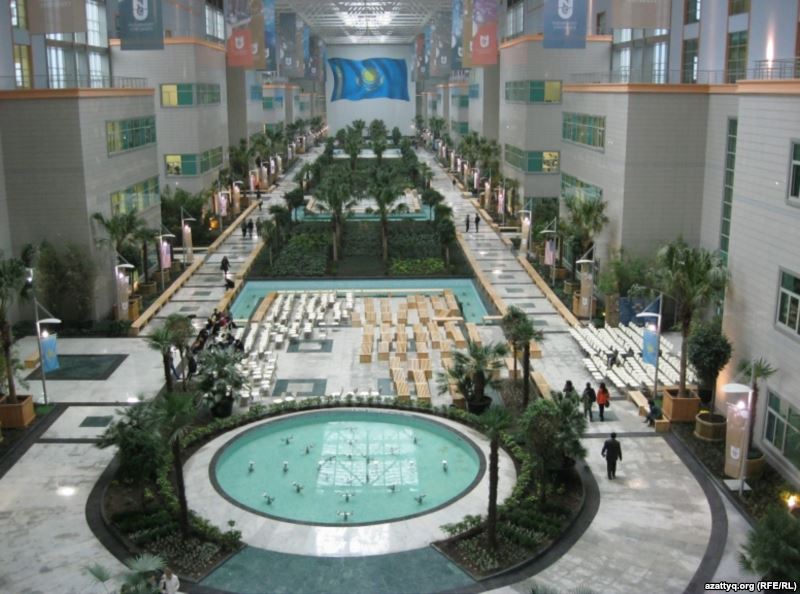 It is no secret that Central Asia’s autocratic regimes have a disdain for independent thought and criticism. While journalists have regularly been threatened, a less visible trend is the crackdown on academia, including foreign researchers and academics. With a wave of new initiatives to block and restrict academic discourse, Central Asia is displaying an alarming new trend of intensified, authoritarian consolidation.
It is no secret that Central Asia’s autocratic regimes have a disdain for independent thought and criticism. While journalists have regularly been threatened, a less visible trend is the crackdown on academia, including foreign researchers and academics. With a wave of new initiatives to block and restrict academic discourse, Central Asia is displaying an alarming new trend of intensified, authoritarian consolidation.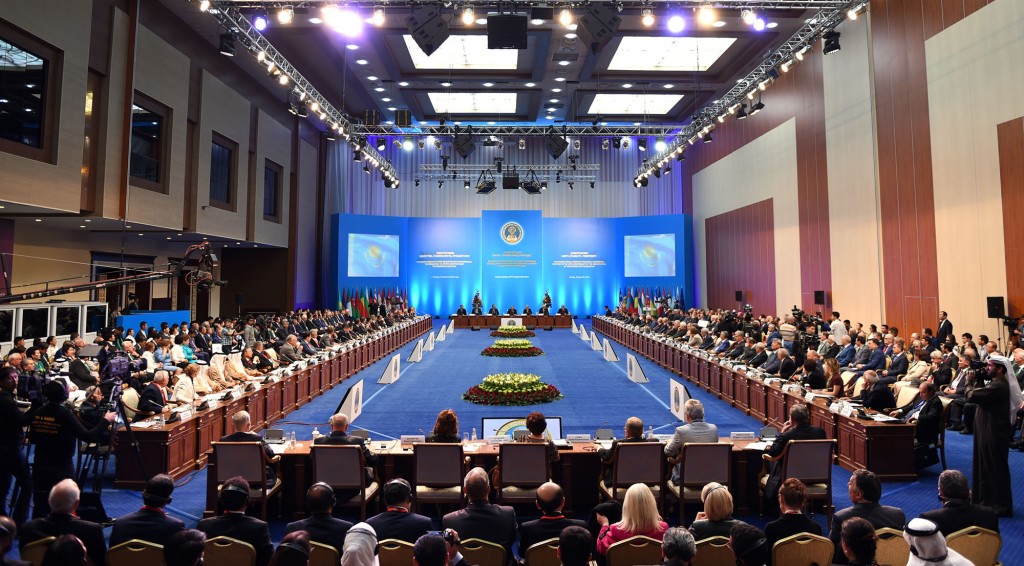 President of Kazakhstan Nursultan Nazarbayev reiterated his suggestion that Kazakhstan brand itself “Land of the Great Steppe” during the Aug. 28 conference “Constitution: unity, stability and prosperity,” dedicated to the 20th anniversary of Kazakhstan’s constitution.
President of Kazakhstan Nursultan Nazarbayev reiterated his suggestion that Kazakhstan brand itself “Land of the Great Steppe” during the Aug. 28 conference “Constitution: unity, stability and prosperity,” dedicated to the 20th anniversary of Kazakhstan’s constitution.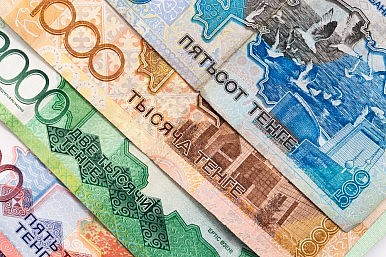 Astana has big economic dreams and hopes to follow China’s example in combating corruption. Kazakh President Nursultan Nazarbayev is in China until September 3, meeting with Chinese leaders, settling deals and joining the more than 30 heads of state attending China’s military parade commemorating the end of World War II in Asia.
Astana has big economic dreams and hopes to follow China’s example in combating corruption. Kazakh President Nursultan Nazarbayev is in China until September 3, meeting with Chinese leaders, settling deals and joining the more than 30 heads of state attending China’s military parade commemorating the end of World War II in Asia.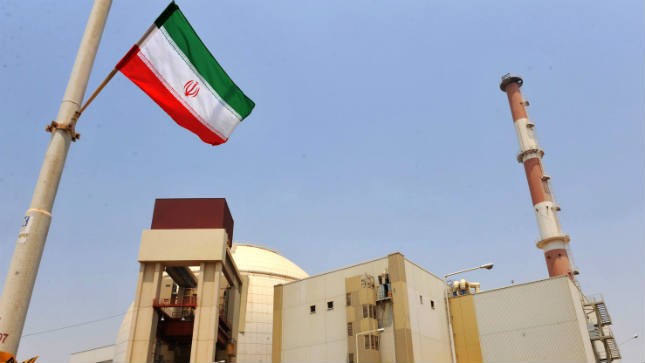 The multinational agreement to prevent Iran from obtaining nuclear weapons is one of the most consequential non-proliferation moments in recent history. One byproduct of the current public debate on the Iran nuclear deal is an improved understanding of how states acquire nuclear weapons and what it takes to stop or dissuade them from taking this fateful step. Accounts of actions taken by Iran and the negotiations of the past several years have served as primers for many observers who had never contemplated what a centrifuge was or fully considered the relationship between nuclear power and nuclear weapons.
The multinational agreement to prevent Iran from obtaining nuclear weapons is one of the most consequential non-proliferation moments in recent history. One byproduct of the current public debate on the Iran nuclear deal is an improved understanding of how states acquire nuclear weapons and what it takes to stop or dissuade them from taking this fateful step. Accounts of actions taken by Iran and the negotiations of the past several years have served as primers for many observers who had never contemplated what a centrifuge was or fully considered the relationship between nuclear power and nuclear weapons.


